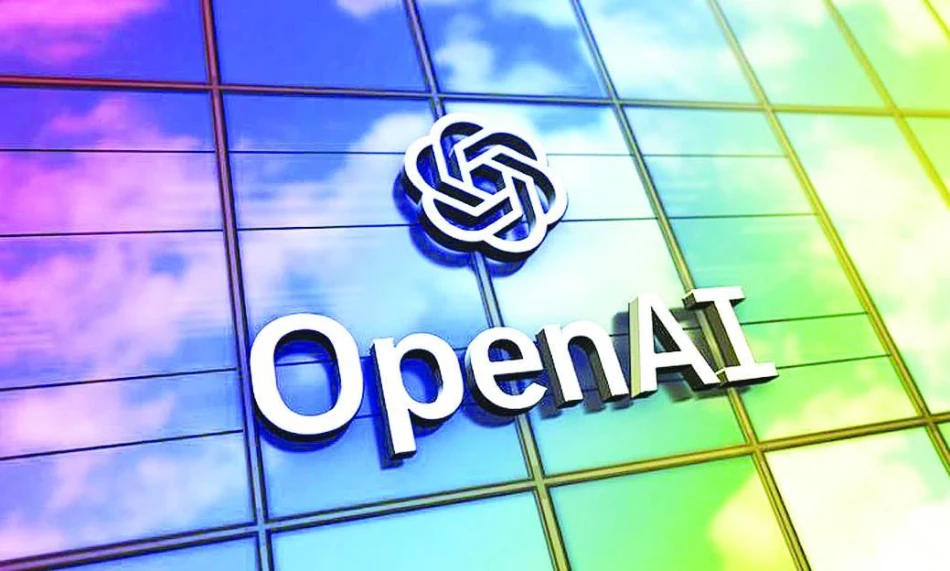
OpenAI Explores $500 Billion Valuation in Potential Stock Sale
OpenAI Eyes $500 Billion Valuation as AI Gold Rush Reaches New Heights
OpenAI is in preliminary discussions to sell employee shares at a staggering $500 billion valuation, marking a 67% jump from its previous $300 billion price tag just months ago. This secondary share sale could unlock billions in liquidity for current and former employees while cementing the ChatGPT maker's position as one of the world's most valuable private companies.
The Numbers Behind the AI Boom
The potential $500 billion valuation would represent a dramatic acceleration in OpenAI's corporate worth. The company achieved its previous $300 billion valuation through a $40 billion funding round led by SoftBank, already placing it among the largest private companies globally. Now, existing investors including Thrive Capital are reportedly engaging with OpenAI about purchasing employee shares in what could become a multi-billion-dollar secondary transaction.
This valuation surge reflects the broader artificial intelligence investment frenzy that has gripped Silicon Valley and global markets since ChatGPT's explosive debut in late 2022.
Why Employee Share Sales Matter
Liquidity Without Going Public
Secondary share sales allow private companies to provide liquidity to employees without the complexity and regulatory burden of an initial public offering. For OpenAI's workforce, this represents a potentially life-changing opportunity to monetize their equity stakes in one of tech's hottest properties.
Investor Appetite Remains Strong
The fact that existing investors like Thrive Capital are leading these discussions signals continued confidence in OpenAI's trajectory. Rather than seeking new investors, the company can rely on its current backers to provide the capital needed for employee liquidity—a sign of financial strength and investor satisfaction.
Market Context and Competitive Landscape
OpenAI's valuation surge comes as the AI sector experiences unprecedented investment flows. The company faces intensifying competition from tech giants like Google, Microsoft, and Amazon, as well as emerging players like Anthropic and Perplexity. Yet its first-mover advantage with ChatGPT and subsequent enterprise adoption has allowed it to maintain premium pricing power.
The $500 billion target would place OpenAI's valuation above established tech giants like Tesla ($800 billion) but below the trillion-dollar club occupied by Apple, Microsoft, and Google. For a private company barely six years old, this represents one of the fastest value creation stories in corporate history.
What This Means for the AI Investment Thesis
From an investor perspective, OpenAI's soaring valuation validates the thesis that artificial intelligence represents a fundamental platform shift comparable to the internet or mobile computing. The company's ability to command such pricing reflects both its technological leadership and the massive addressable market for AI applications across industries.
However, the rapid valuation increases also raise questions about sustainability and execution risk. At $500 billion, OpenAI would need to demonstrate revenue growth and market expansion that justifies such lofty expectations—a challenge that has humbled many high-flying tech companies in the past.
The secondary share sale, if completed, would provide crucial data points about institutional appetite for AI investments at these valuations, potentially setting benchmarks for the broader sector's pricing dynamics.
Most Viewed News

 Omar Rahman
Omar Rahman






